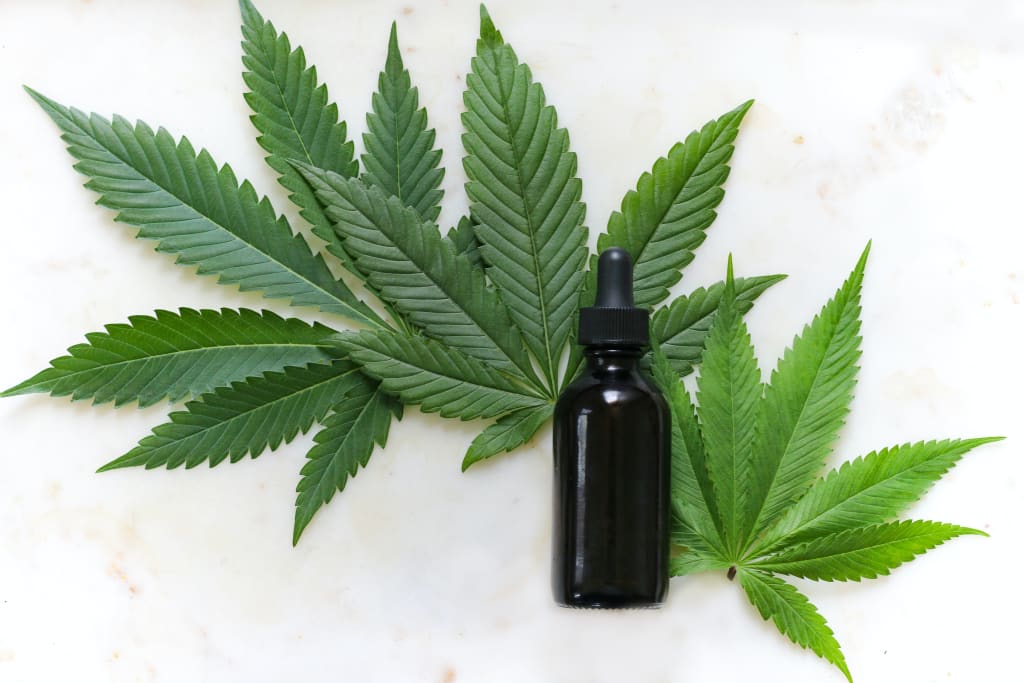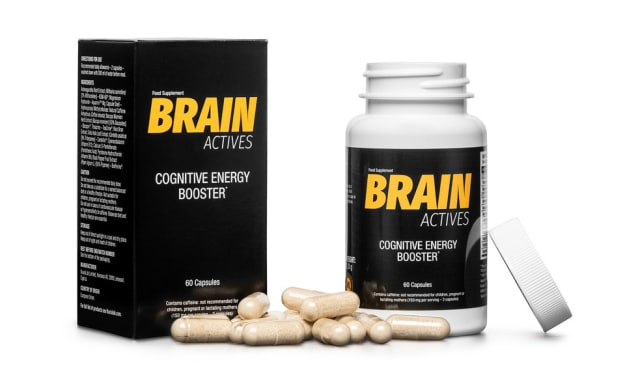
CBD, short for cannabidiol, has become increasingly popular in recent years as a natural remedy for a wide range of ailments. From anxiety to chronic pain, CBD has been touted as a versatile supplement that can provide relief without the negative side effects of prescription drugs. But how does CBD work in the body, and what makes it so effective? In this article, we'll take a deep dive into the science behind CBD and explore its potential benefits.
What is CBD?
CBD is one of over 100 compounds found in the cannabis plant. Unlike THC, the compound that produces the "high" associated with marijuana, CBD is non-psychoactive and does not cause intoxication. CBD is extracted from hemp, a variety of cannabis that contains very low levels of THC.
The Endocannabinoid System
To understand how CBD works in the body, it's essential to first understand the endocannabinoid system (ECS). The ECS is a complex network of receptors, enzymes, and endocannabinoids that help regulate many bodily functions, including pain, inflammation, mood, and appetite.
Endocannabinoids are cannabinoids that the body produces naturally. They bind to receptors in the ECS to regulate various bodily functions. The two primary receptors in the ECS are CB1 and CB2. CB1 receptors are primarily found in the brain and nervous system, while CB2 receptors are found in the immune system and throughout the body.
How CBD Interacts with the Endocannabinoid System
CBD interacts with the ECS in several ways. One way is by inhibiting the enzyme that breaks down endocannabinoids, which can increase their levels in the body. This can help regulate pain, inflammation, and other bodily functions.
CBD also binds to both CB1 and CB2 receptors, although it does so in a different way than THC. CBD does not bind directly to the receptors, but rather modulates their activity. This can result in a wide range of effects, including reduced anxiety, pain relief, and improved sleep.
The Potential Benefits of CBD
CBD has been studied extensively for its potential benefits. Here are some of the most promising areas of research:
Anxiety: CBD has been shown to reduce anxiety in both human and animal studies. It appears to work by modulating the activity of the serotonin receptor, which is involved in anxiety regulation.
Pain relief: CBD has been studied for its potential to reduce pain, including chronic pain, neuropathic pain, and pain associated with cancer. It appears to work by reducing inflammation and modulating the activity of pain receptors.
Neuroprotective effects: CBD has been shown to have neuroprotective effects, meaning it can help protect the brain from damage. It has been studied for its potential to treat conditions such as Alzheimer's, Parkinson's, and multiple sclerosis.
Anti-inflammatory effects: CBD has been shown to have powerful anti-inflammatory effects. It has been studied for its potential to treat conditions such as arthritis, inflammatory bowel disease, and asthma.
Improved sleep: CBD has been shown to improve sleep in both human and animal studies. It appears to work by reducing anxiety and modulating sleep-wake cycles.
How to Use CBD
CBD is available in a wide range of products, including oils, capsules, gummies, and topical creams. When using CBD, it's essential to start with a low dose and gradually increase it as needed. It's also important to choose high-quality products from reputable companies to ensure safety and effectiveness.
Potential Side Effects of CBD
CBD is generally considered safe and well-tolerated, but some people may experience side effects. The most common side effects include dry mouth, dizziness, and changes in appetite or mood. CBD can also interact with certain medications, so it's essential to talk to a healthcare provider before using CBD if you are taking any medications.
The Future of CBD Research
Despite the growing body of research on CBD, there is still much to learn about its potential benefits and risks. The legalization of hemp and CBD has led to increased research opportunities, and many scientists are exploring the potential of CBD for a wide range of conditions. As more research is conducted, we may learn even more about how CBD works in the body and how it can be used to improve health and well-being.
Conclusion
CBD is a fascinating compound that has captured the attention of researchers, healthcare providers, and the general public. Its potential to provide relief for a wide range of conditions, without the negative side effects of prescription drugs, has made it an attractive alternative for many people. By understanding the science behind CBD and how it works in the body, we can make informed decisions about its use and its potential benefits.






Comments
There are no comments for this story
Be the first to respond and start the conversation.